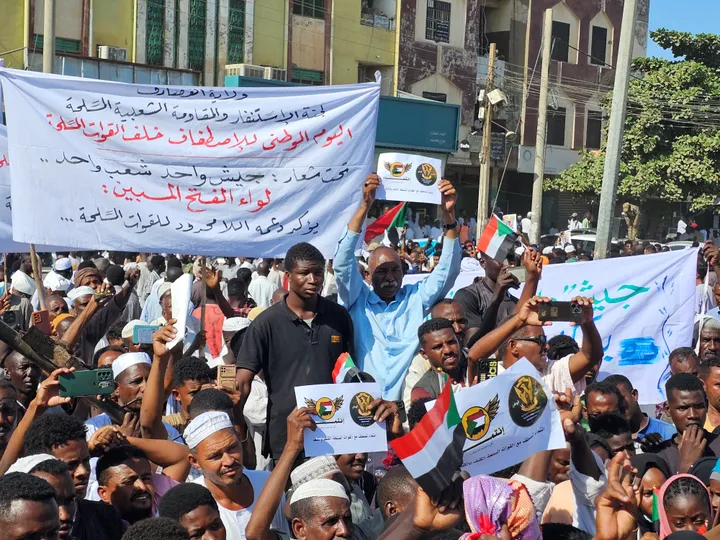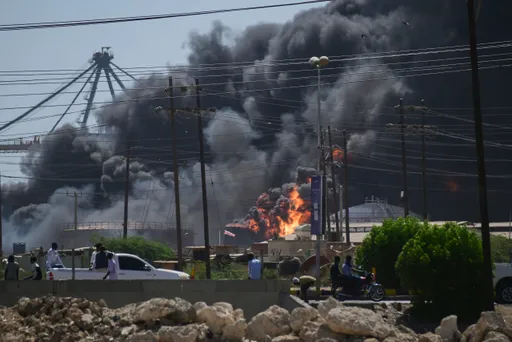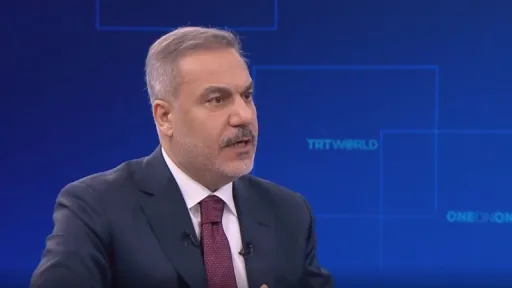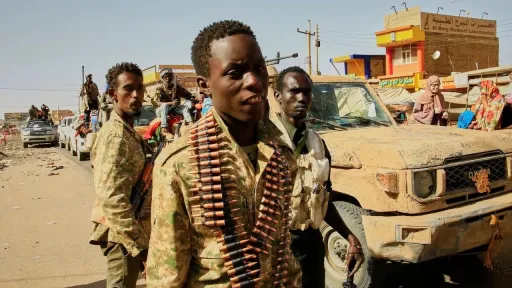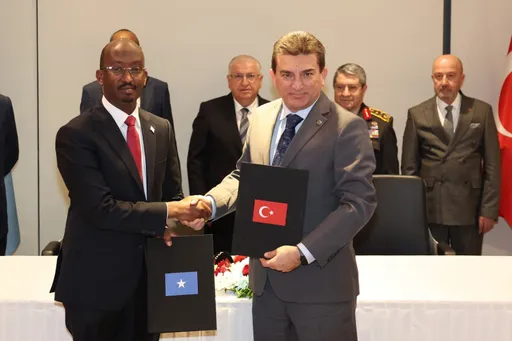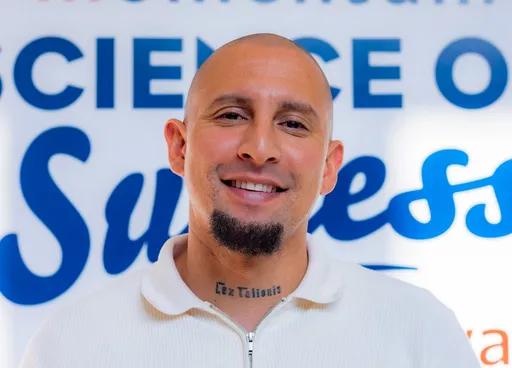By Sylvia Chebet
Forecasts about the apocalyptic impact of climate change across countries struggling to balance their development priorities with environmental responsibilities have spawned what the world calls "carbon markets".
According to the United Nations Development Programme (UNDP), carbon markets are trading systems in which carbon credits are sold and bought.
"Companies or individuals can use carbon markets to compensate for their greenhouse gas emissions by purchasing carbon credits from entities that remove or reduce greenhouse gas emissions," UNDP's website explains.
Africa, with its rich mosaic of ecosystems, could potentially build carbon credits into the continent's next significant export.
At the recent COP28 UN Climate Change Conference in Dubai, more deals were announced as part of the Africa Carbon Markets Initiative (ACMI), aiming to raise US $6 billion by 2030.
This will be done by selling offsets to companies striving to shrink their carbon footprint by funding pollution-reducing projects like forest or savannah preservation.
Since the initiative was unveiled at COP27 in Egypt, new offsetting deals have been reached with Liberia, Zimbabwe and Kenya.
Giant carbon sink
The Northern Kenya Rangelands Carbon Project, which started in Kenya in 2012, is hailed as the world’s largest soil carbon removal initiative.
Fourteen community conservancies are currently involved in the project, spanning 4.7 million acres across the arid and semi-arid counties of Marsabit, Isiolo, Laikipia and Samburu.
Cattle herders in the project employ sustainable strategies such as rotational grazing, which allows perennial grasses to regrow, collecting and storing carbon from the atmosphere.
"By restoring more than two million hectares of savannah grasslands in an increasingly arid region, the North Kenya Carbon Project plans to capture and store 50 million tonnes of carbon dioxide," the project’s website states.
This is the equivalent of annual emissions from over 10,000,000 cars, according to the Northern Rangelands Trust (NRT). These 50 million tonnes of carbon dioxide are expected to be captured over 30 years and generate hundreds of millions of dollars for local communities.
'Greenwashing' allegations
Projects like the NRT carbon project are under increased scrutiny despite their success, with some critics calling it a form of "greenwashing".
They believe a more innovative way to pay for nature protection would be to hold those causing damage accountable.
Africa accounts for negligible amounts of carbon dioxide and other greenhouse gas emissions that block heat from escaping into space, warming the planet and increasing global temperatures.
A report by Survival International, an NGO helping tribal populations exercise their rights to survival and self-determination, states that the Northern Kenya Rangelands Carbon Project was found altering indigenous livestock grazing practices and endangering people's food security.
The project also did not receive the "free, prior and informed consent" of the affected communities, such as the Samburu, Rendille and Borana tribes, all of whom depend on the land to graze their livestock, the report states.
NRT dismissed Survival International's report as misguided, arguing that an extensive approval process was conducted in local languages. The trust further stated that for the first three years, 60% of the project's revenue would go into social development projects chosen by the community.
Development financing
"Development of a carbon project is an expensive affair that requires close monitoring for it to remain viable," climate change scientist George Mwaniki tells TRT Afrika.
He is also sceptical about a proposal by the Kenyan government to amend the Climate Change Act.
The proposal is for communities to sign community development agreements with project developers and get 40% of the revenue from land-based projects and 25% for the rest.
"Having worked on this for a while, this will likely not work, considering government taxes would be in the 30% range. If communities get 40%, that leaves only 30% available for the developers and project management. I don't think any developer will do this at 30%," says Mwaniki.
Highlighting the potential of offsetting projects to raise money for development and nature protection, the ACMI said in Dubai that it was expanding new carbon market trading in Nigeria, Rwanda, Ghana, Malawi and Mozambique.
One of the companies that has announced deals under the ACMI is Blue Carbon, a startup headquartered in Dubai.
In October, Blue Carbon said it had struck a deal for projects covering millions of hectares of land in Kenya, where President William Ruto has described carbon credits as the country's "next significant export".
The Kenya agreement followed a $1.5-billion financing deal with Zimbabwe. Blue Carbon plans to support projects fighting deforestation and forest degradation across 18.5 million acres, about a fifth of the country's land.
But campaigners say tying up such large tracts of land could have enormous implications for people who live there, potentially jeopardising their right to use the land.
Need for transparency
To ensure offset projects benefit host countries, the UNDP launched a plan at COP28 to push for tighter regulations in the sector.
"If carbon markets are to work properly, they can not only be something that helps those who are trying to offset their carbon emissions. It must be a genuine development finance asset for developing countries," says UNDP administrator Achim Steiner.
Critics argue that the protection of land rights, especially those of indigenous people, should be a priority. This will consequently deliver better results in preserving forests and other carbon-storing biomes.
"I think one of the best carbon markets regulations I have seen in Africa is in Zimbabwe, which makes it easy for communities to benefit and also for developers to have the incentive to develop, manage and retain these assets," climate change scientist Mwaniki tells TRT Afrika.
➤Click here to follow our WhatsApp channel for more stories.


